New Delhi, November 12, 2025: Magic Bus India Foundation has reported strong performance as a core implementation partner in India’s first-ever Skill Impact Bond (SIB), an outcomes-driven skilling initiative launched in 2021 by the Ministry of Skill Development and Entrepreneurship through the National Skill Development Corporation (NSDC).
The SIB operates across nearly 20 states and aims to equip youth from underserved communities—70% of whom are women—with life skills, employability skills, and industry-linked training. Magic Bus implements the programme in seven cities and has delivered consistently high results across multiple performance indicators.
According to the organisation, it has achieved 100% enrolment and more than 80% placement across six completed cohorts within 60 days of certification. It has also maintained a 75% verified retention rate at three months, surpassing targets for women’s participation, which has reached up to 80% in several cohorts.
Unlike conventional skilling programmes, the Skill Impact Bond links funding to verified outcomes such as certification, job placement, and retention. These milestones are independently validated by third-party evaluators.
Magic Bus has adopted a blended learning model, a holistic curriculum, and individual development plans to support youth through their training journey. Community mobilisation, parental engagement, and alumni mentorship have also been emphasized to reduce socio-cultural barriers, particularly for young women seeking employment.
Commenting on the programme, Arun Nalavadi, Chief of Programmes – Livelihood at Magic Bus India Foundation, said, “The Skill Impact Bond (SIB) equips youth with 21st-century skills, including critical life skills, employability skills, and sector-specific training, empowering them to make informed career and life choices. With strong post-placement support, the programme ensures sustained employment, enabling youth to achieve stability, support their families, and become role models who help break the cycle of poverty within their communities.” He added that the SIB has created a results-driven model by bringing public, private, and philanthropic partners together.
The programme’s governance structure includes 100% document verification and real-time monitoring, along with a 30-day re-placement model to ensure participants who leave their jobs can quickly re-enter the workforce.
Magic Bus aims to extend the learnings from the SIB to future livelihood and blended-finance programmes. Its strong systems, technology platforms, and employer partnerships position it to scale outcomes-based skilling models nationwide.
Since its inception, the Skill Impact Bond has demonstrated that aligning funding with measurable outcomes can shift the focus of skilling from enrolments to long-term livelihood stability. For Magic Bus, the initiative marks a major milestone in advancing its mission to help young people move out of poverty and build sustainable futures.




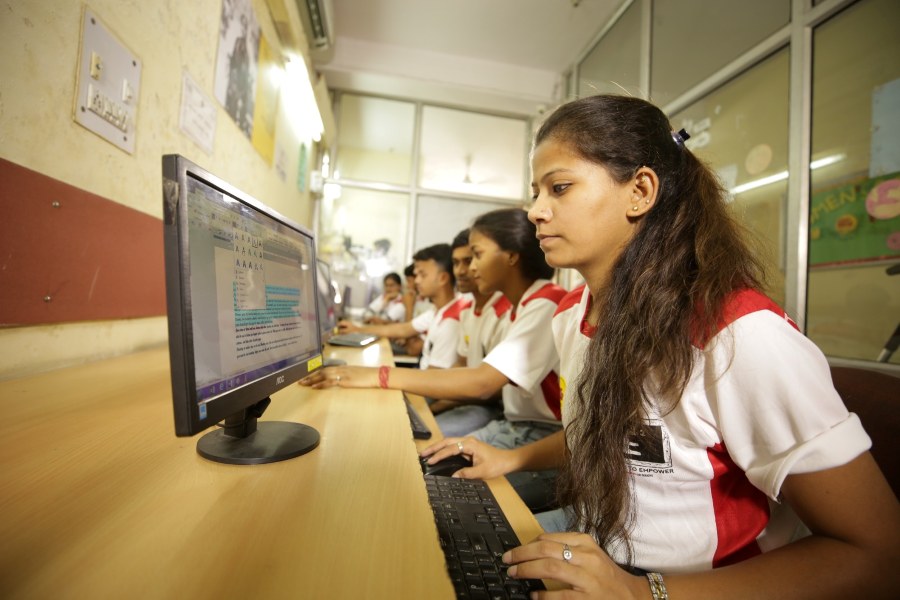

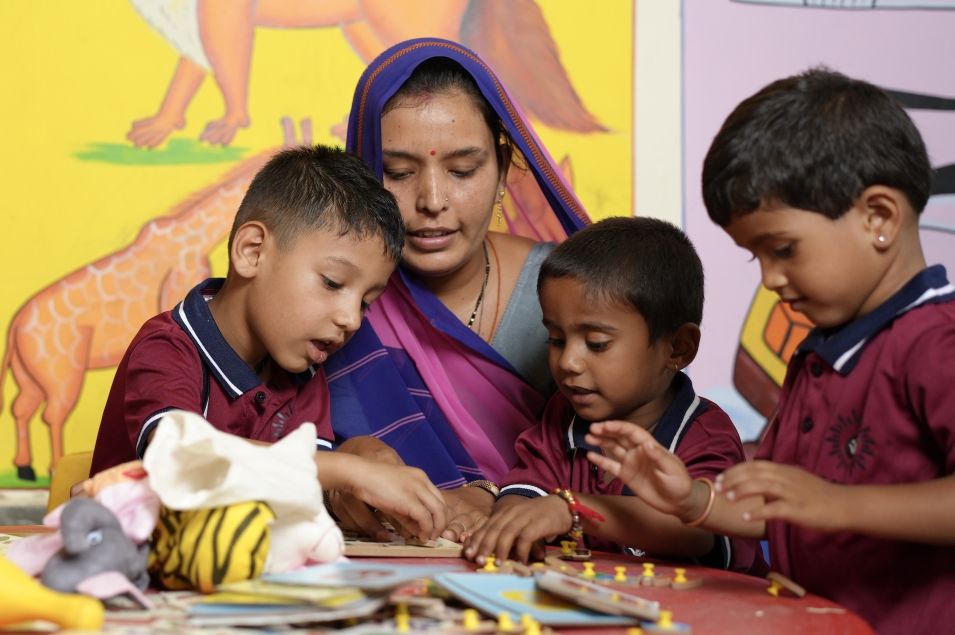
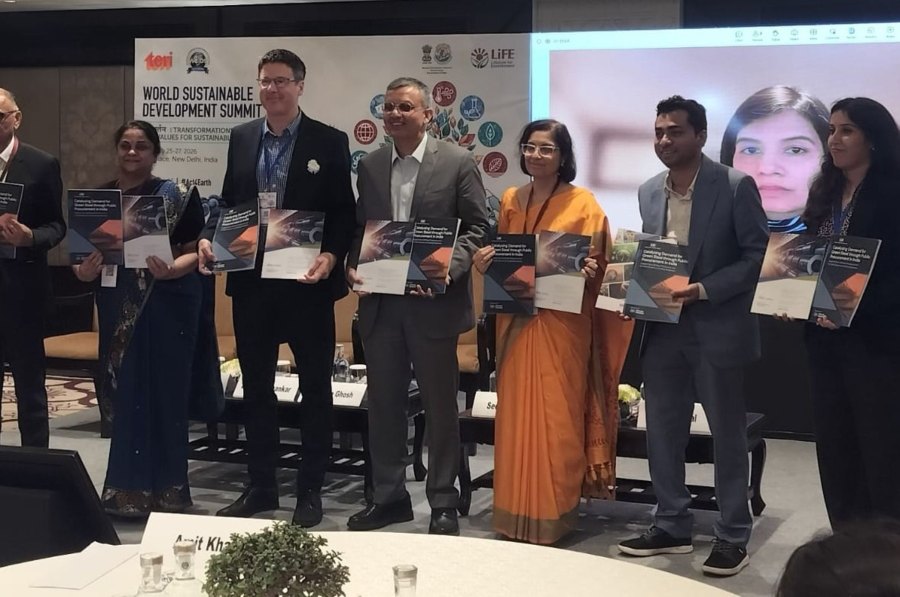
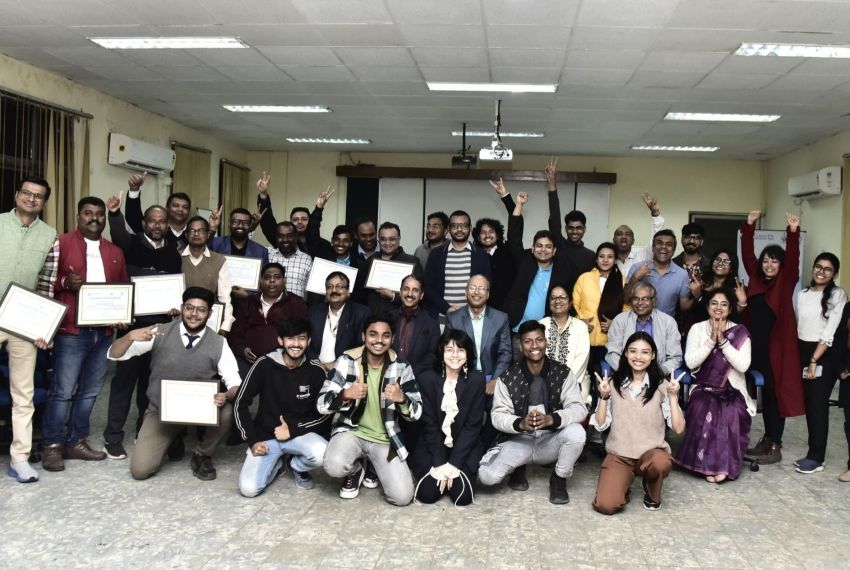

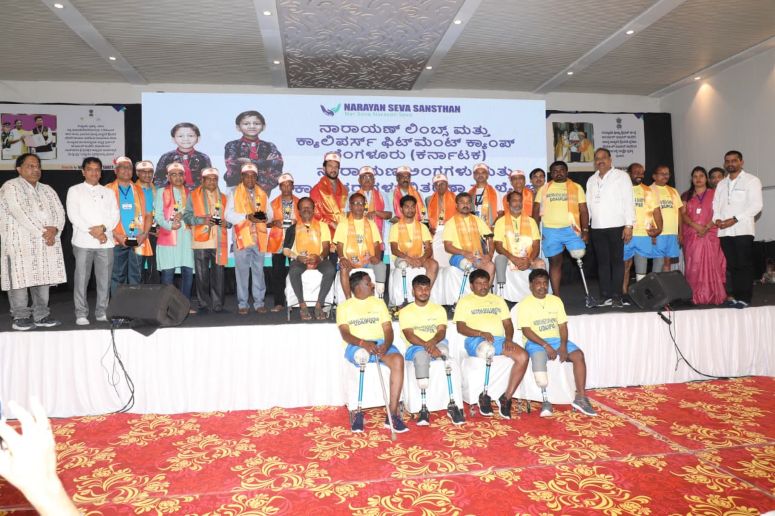
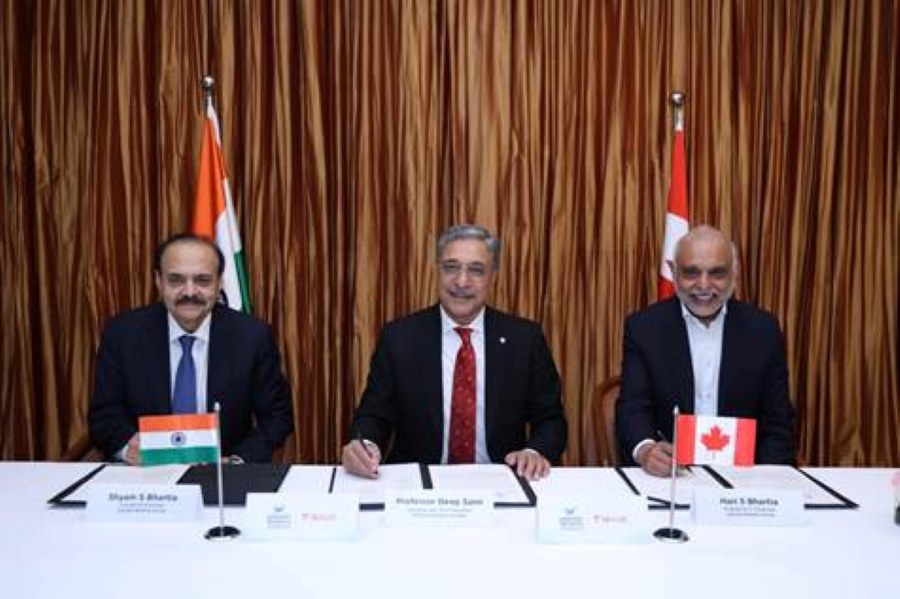
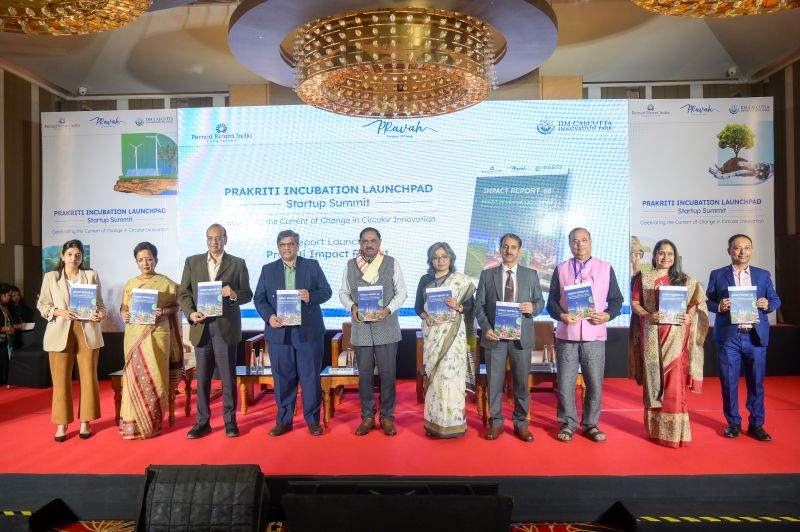
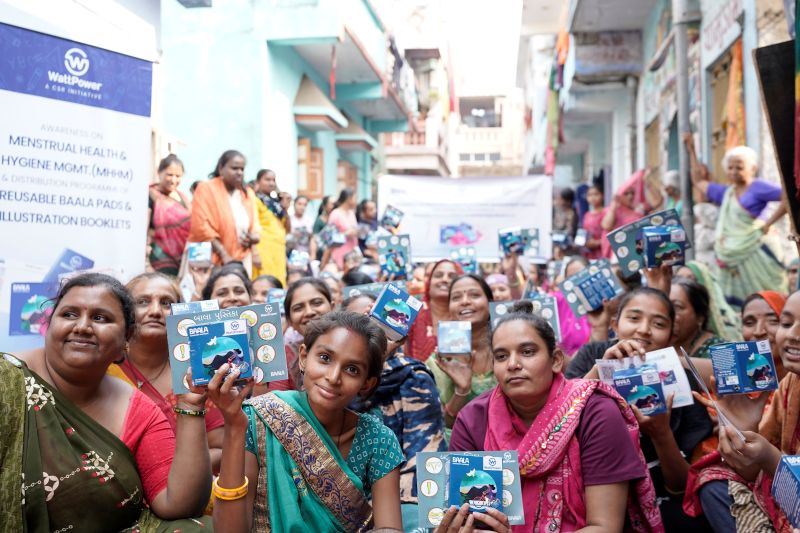
.jpg)








